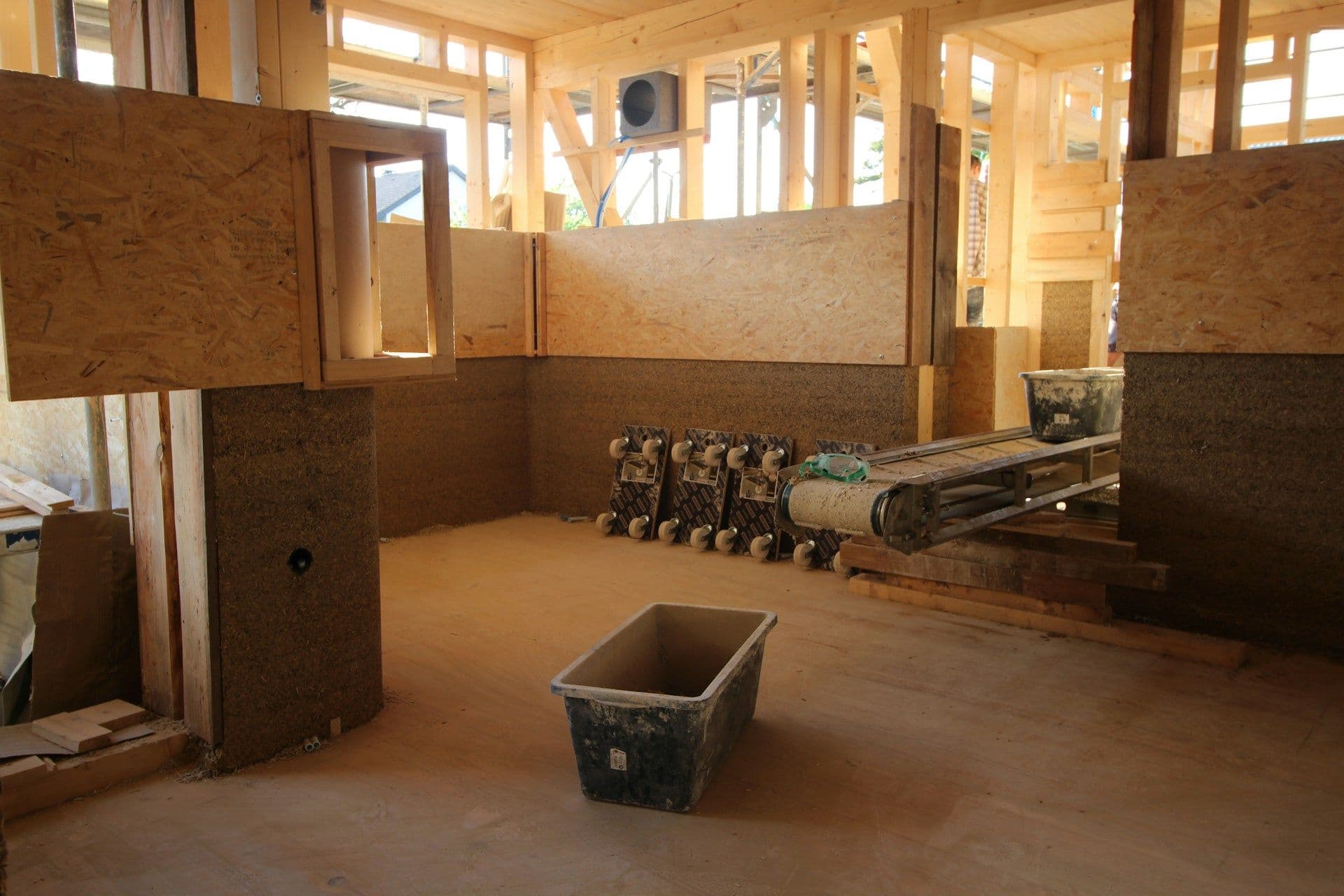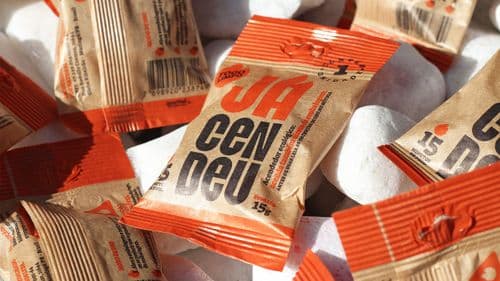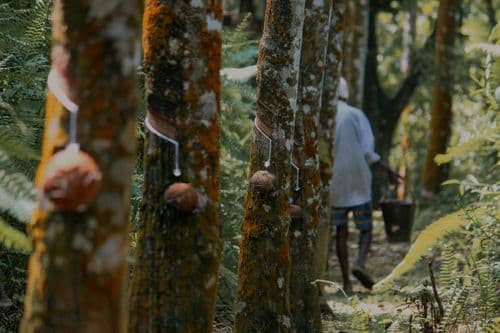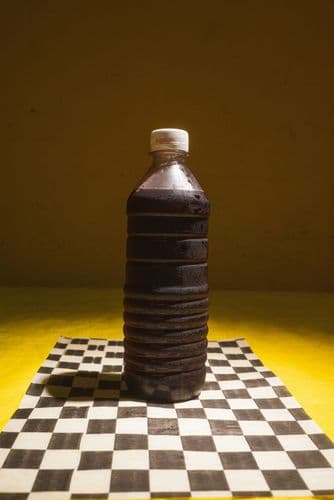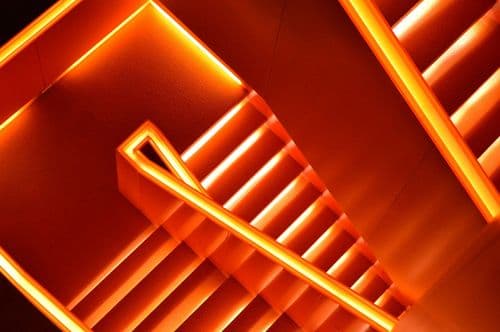Hempcrete's no longer niche - valued at USD 25.83 billion in 2024, it's on track to hit USD 34.61 billion by 2030 amid decarbonization drives and regulatory tailwinds.
Derived from hemp hurds mixed with lime binders, the material is applied in walls, insulation and structural elements, offering carbon sequestration alongside thermal and acoustic properties. Here is a selection of firms active in its commercialization for building applications.
1. HEMPBLOCK International: precast pioneers stacking speed and sustainability
Founded in Australia with global reach, HEMPBLOCK International draws on over 30 years of sustainable construction expertise to deliver interlocking hempcrete blocks. The company focuses on rapid, eco-friendly building systems that prioritize fire resistance, termite-proofing, and natural temperature regulation, aligning with circular economy goals.
HEMPBLOCK's precast blocks boast ~84% hemp content, weighing ~18 kg each, enabling walls to rise at ~1 ft² per minute, cutting build times and costs by up to 60%. In 2025, the firm reported structural testing results on fire performance in January, launched a dedicated homes design site and conducted builder training sessions, including one in the UK in November.

2. Hempitecture: U.S. manufacture in carbon-negative insulation
Established in 2013 in Idaho by CEO Mattie Mead, Hempitecture champions plant-based materials to cut embodied carbon in buildings. With a mission to detoxify construction through renewable hemp, the company operates North America's first industrial hemp processing facility, emphasizing local sourcing and sustainability.
The 33,000-square-foot Idaho plant produces HempWool insulation rated at R-3.7 per inch, free of toxins and capable of sequestering around 9 tons of CO2 per acre of hemp grown. The product line includes FiberFill for blow-in applications in attics and cavities.
In 2025, the company closed a Regulation Crowdfunding round in May, raising $6.2 million, and advanced plans for an East Coast facility while projecting 60% of revenue from HempWool sales, with 50-60% of hemp sourced from Idaho.
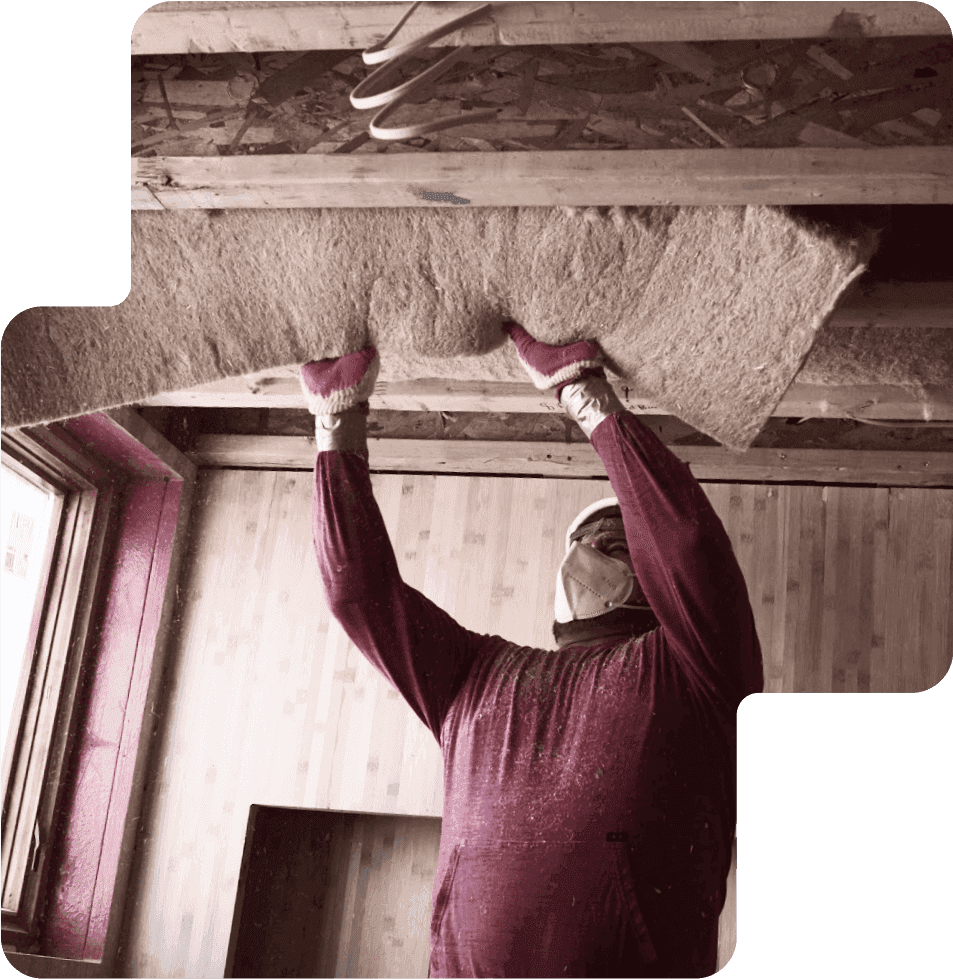
3. Vicat: French cement giant integrating hemp for public projects
Vicat, a historic French cement producer founded in 1853, has pivoted to green innovations, blending traditional binders with bio-materials. Headquartered in France, the group commits to decarbonization, leveraging hempcrete for breathable, efficient structures in housing and public infrastructure.
Vicat's Biosys blocks mix hemp hurds with Prompt natural cement, powering landmarks like the Pierre Chevet Sports Hall, France's inaugural public hempcrete structure. Sprayed hempcrete variants accelerate eco-homes, offering thermal, acoustic, and fire-resistant infill. In 2025, Vicat reported 4.9% organic sales growth in the third quarter, but no specific advancements in hempcrete were disclosed amid broader supply chain adjustments.

4. von Hanf: European specialists in noise and heat control
Based in Germany, von Hanf focuses on pesticide-free hemp products for healthy interiors. Founded on principles of diffusion-open construction, the company supplies materials that enhance indoor air quality and energy efficiency across retrofits and new builds.
Silentum® hemp panels reduce heat loss and noise with CO2-negative properties, B-s1,d0 fire rating, and mold/insect resistance, ideal for lofts and interiors. Paired with Gramitherm® insulation, they form full-envelope systems. 2025 updates include ramped regional production of sustainable combos with wood or lime, quietly expanding in European retrofits without major headlines.

5. Just Bio Fiber: modular innovators with Lego-like precision
Canadian-based Just Bio Fiber, an IP powerhouse since its inception, develops patented hemp-lime systems for structural walls. Driven by sustainability, it targets residential, commercial, and institutional sectors with waste-to-block tech from hemp residues.
Lego-style blocks form 42 cm walls, ASTM-tested at R-36 thermal and seismic resilience for quake-prone areas. The system shifts to modular efficiency. In 2025, a pilot facility advanced waste conversion from cannabis/hemp/hops, commercialization hit with structural Lego Block launch, and licensing deals eyed amid market forecasts to $38B by 2033.
6. IsoHemp: circular leaders recycling for zero-waste builds
Belgian firm IsoHemp, operational since 2012, specializes in healthy, insulating envelopes from hemp blocks. Committed to circularity, it operates in Wallonia and beyond, recycling waste to close the loop in construction.
The €2.5M RecyHemp line recycles up to 95% of hempcrete waste into new blocks, with site-drop-off points for offcuts. A new factory boosts output to 5M blocks yearly. October 2025 brought a partnership with Saint-Astier for lime-hemp solutions in France, plus national waste-flow analysis to divert landfill residues, pushing zero-waste standards.
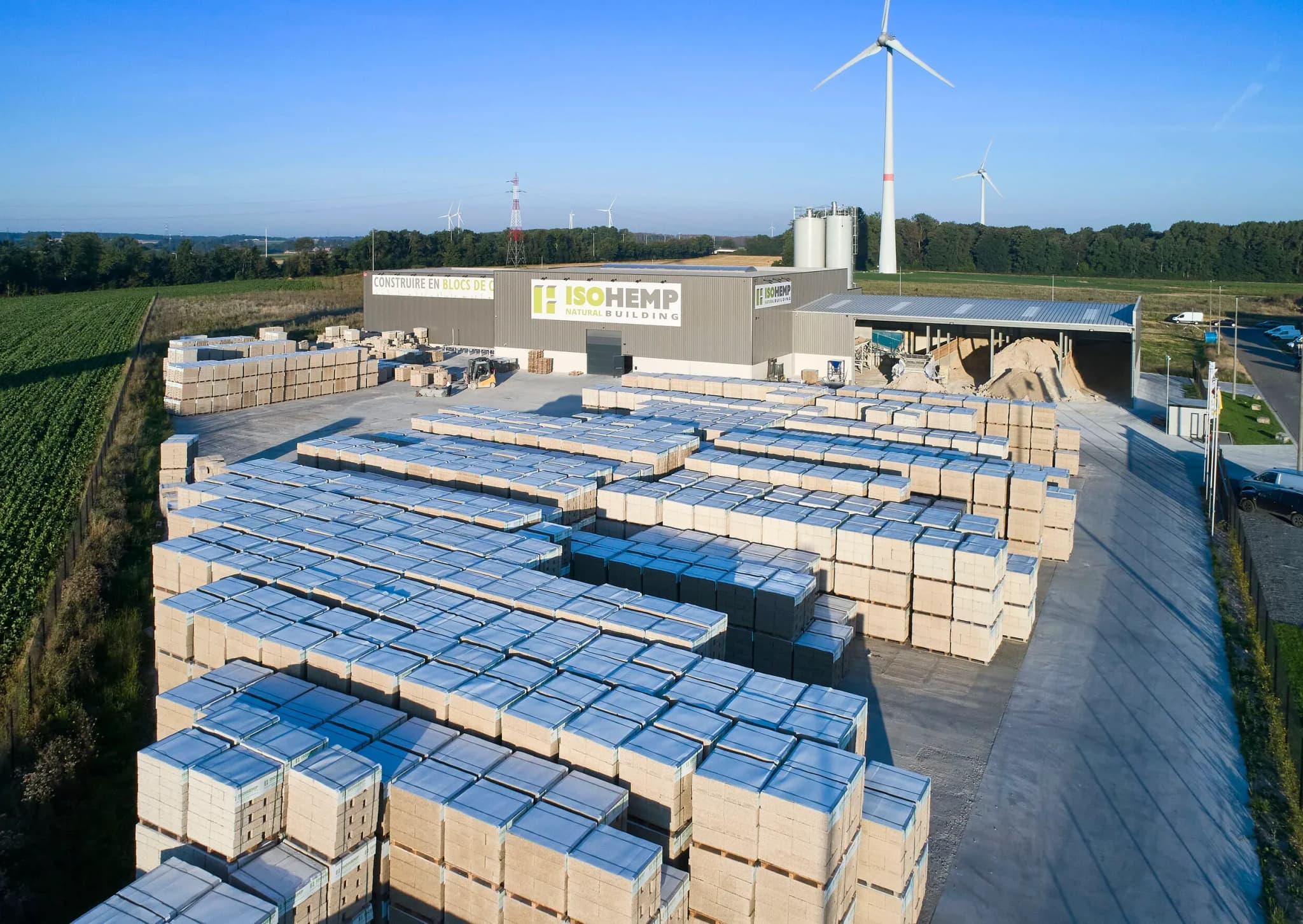
These six firms trace the real pathways for hempcrete’s rise – from hard emission cuts and material efficiency to industrial-scale supply integration.
See what it takes to make hempcrete a standard feature of the climate era in the Tocco Report: State of Hempcrete 2030.
